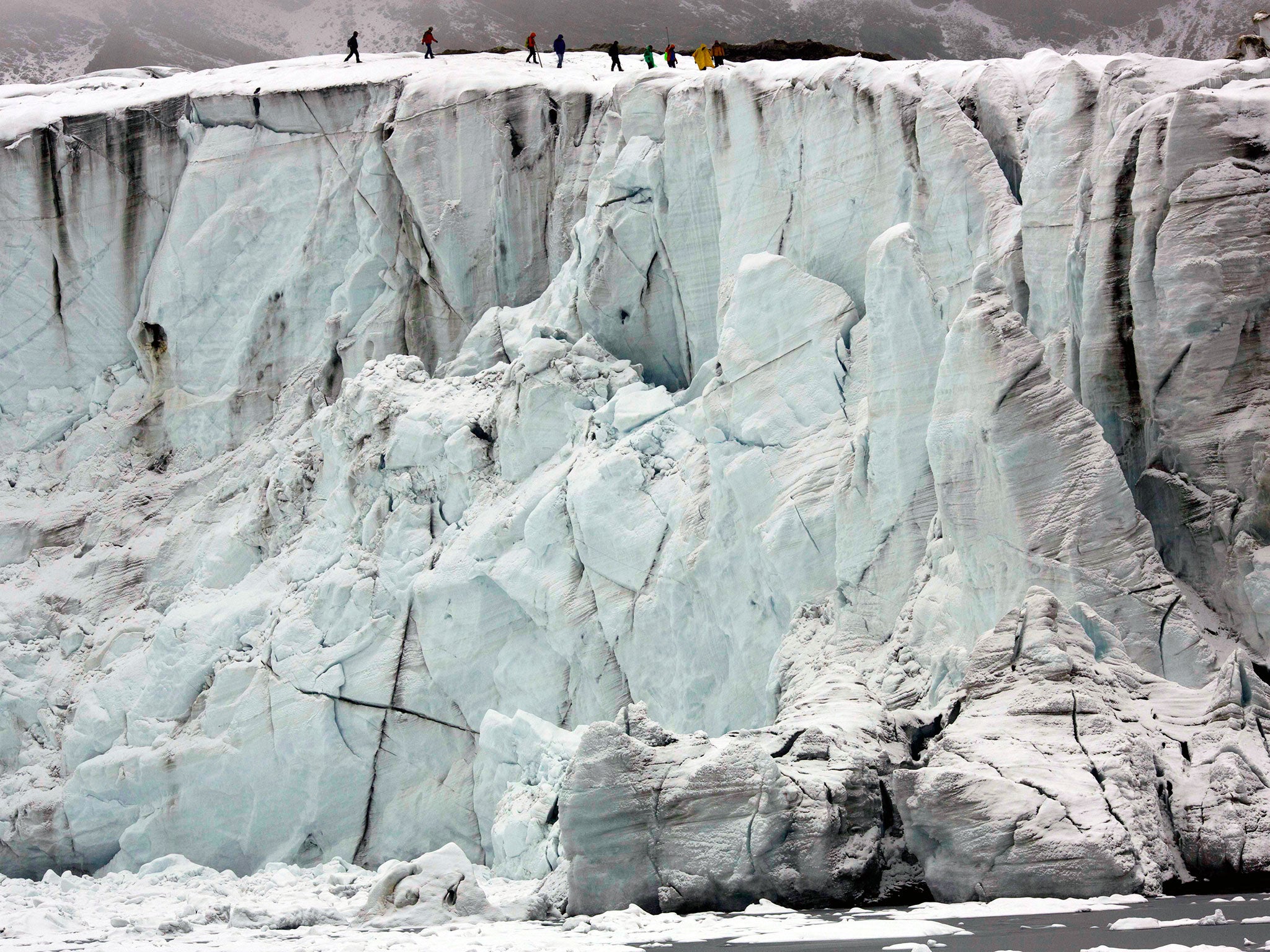UN climate change change talks finally feels like they have momentum
Finally, a rare piece of good news in an otherwise worrying story

Your support helps us to tell the story
From reproductive rights to climate change to Big Tech, The Independent is on the ground when the story is developing. Whether it's investigating the financials of Elon Musk's pro-Trump PAC or producing our latest documentary, 'The A Word', which shines a light on the American women fighting for reproductive rights, we know how important it is to parse out the facts from the messaging.
At such a critical moment in US history, we need reporters on the ground. Your donation allows us to keep sending journalists to speak to both sides of the story.
The Independent is trusted by Americans across the entire political spectrum. And unlike many other quality news outlets, we choose not to lock Americans out of our reporting and analysis with paywalls. We believe quality journalism should be available to everyone, paid for by those who can afford it.
Your support makes all the difference.After being mired in political squabbles and mutual recriminations for years, the UN climate change talks in Lima have so far been accompanied by an unusually positive sense of momentum.
The most obvious reason for this is the US-China emissions deal that broke a stalemate that has bedevilled climate politics for nearly two decades.
But one other, much less noticed, positive change has also come into play – an announcement by Indonesia's newly-elected President Jokowi explicitly committing his Government to protect the country's vital tropical peatlands.
After carbon emissions from the US and China the tropical forests and peatlands of Indonesia, which for years have been devastated by logging, uncontrolled annual fires and drainage for palm oil plantations have been a huge source of concern to environmental campaigners.
Jokowi didn't make his announcement from behind a presidential desk in the capital Jakarta. He travelled to the deforestation front line in Riau province in Sumatra and personally helped to block up a drainage canal, an important symbolic gesture since draining water from peat is the first step towards its destruction. Jokowi told local reporters that he had “instructed the minister” for forests to strengthen legal protection for peatlands. “Peatlands can't be underestimated,” he said, “they must be protected because they constitute a special ecosystem”.
Jokowi is right about that. Indonesia has the world's largest area of tropical peatlands, containing 60 billion tonnes of carbon. Once drained this peat releases carbon dioxide into the air, and becomes vulnerable to fires set by loggers or plantation developers. These peat fires have become a dreaded annual event smothering much of East Asia in a pall of smoke, as well as making Indonesia - in bad fire years - one of the world's largest greenhouse gas emitters.
Protecting Indonesia's tropical forests is in reality more urgent than shuttering coal power stations and other big sources of CO2. Power stations are mere bricks and mortar, while tropical forests are vital and irreplaceable treasure troves of biodiversity - once gone they can never be replaced. Indonesia's forests are home to threatened species such as orang-utans, tigers and forest rhinos. Safeguarding their habitat also protects the world's climate - a win-win scenario.
Jonathon Porritt, one of the UK's leading environmentalists, heralded the Indonesian president's new commitment as “hugely significant”. Porritt has worked for several years with palm oil companies to help them develop more sustainable land use policies. All the leading players have now signed up to a Sustainable Palm Oil Manifesto promising no deforestation in high-carbon and 'high conservation value' areas. Porritt also praises Greenpeace's “fantastic work” in pushing corporate laggards into curtailing their destruction of tropical forests through headline-catching campaigns targeting leading consumer brands.
No-one is claiming victory yet, as both corporate manifestos and government commitments need on the ground implementation to be more than words and paper. But global carbon emissions from deforestation and land-use change have already fallen by half since the beginning of the 1990s - a rare piece of good news in an otherwise worrying climate change story.
Join our commenting forum
Join thought-provoking conversations, follow other Independent readers and see their replies
Comments